11 Superfoods That Make Your Gut Sing From Morning To Night
The human gut is a bustling metropolis of microorganisms, each playing a critical role in maintaining our health. Among these inhabitants, prebiotics serve as essential nutrients, fueling the beneficial bacteria that keep our digestive system in harmony. Unlike probiotics, which are live bacteria, prebiotics are non-digestible fibers and compounds that provide sustenance for these good bacteria, helping them flourish. This synergy is crucial for optimal digestion, nutrient absorption, and immune function. As the understanding of gut health evolves, so does the appreciation for prebiotic foods, which are now recognized for their profound impact on overall wellness. In this article, we will explore a curated list of fascinating prebiotic foods that not only promote gut happiness but also enhance our health in myriad ways. From the commonplace to the exotic, these foods offer a delicious and natural way to support our microbiome. Join us as we delve into the world of prebiotics, uncovering the science behind their benefits and discovering how they can be seamlessly integrated into our daily diets.
1. Chicory Root: The Prebiotic Powerhouse
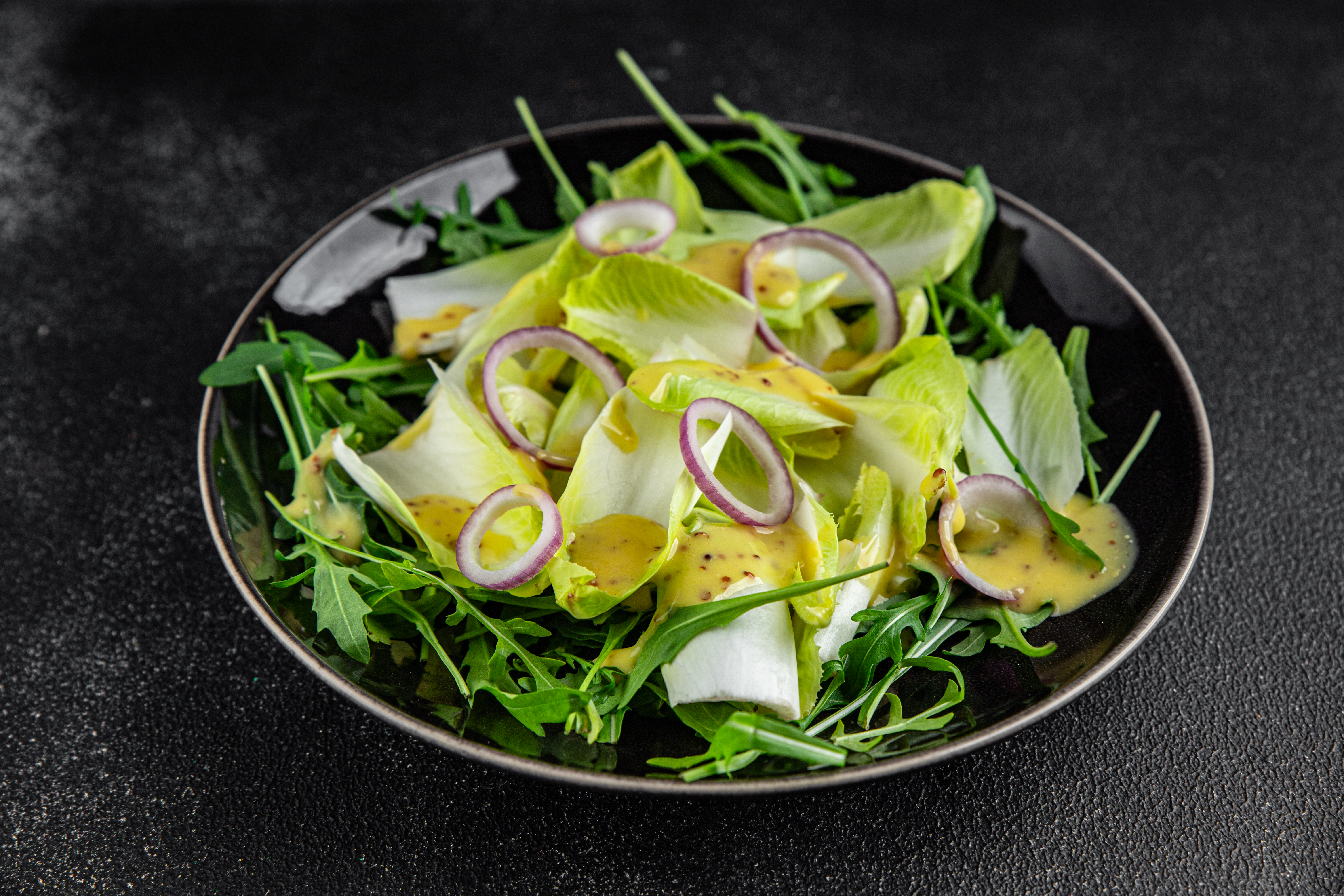
Chicory root is one of the most potent sources of inulin, a type of prebiotic fiber that has been extensively studied for its health benefits. Inulin not only fosters the growth of beneficial bacteria but also aids in calcium absorption, promoting bone health. Chicory root can be consumed in various forms, such as a coffee substitute or as an ingredient in salads and cooked dishes. Its slightly bitter taste adds a unique flavor profile that can elevate culinary creations. Beyond its prebiotic properties, chicory root contains antioxidants that help combat oxidative stress, further supporting overall health. Incorporating chicory root into your diet can be a simple yet effective way to boost your prebiotic intake and enhance your gut microbiome.
2. Bananas: A Convenient Prebiotic Snack
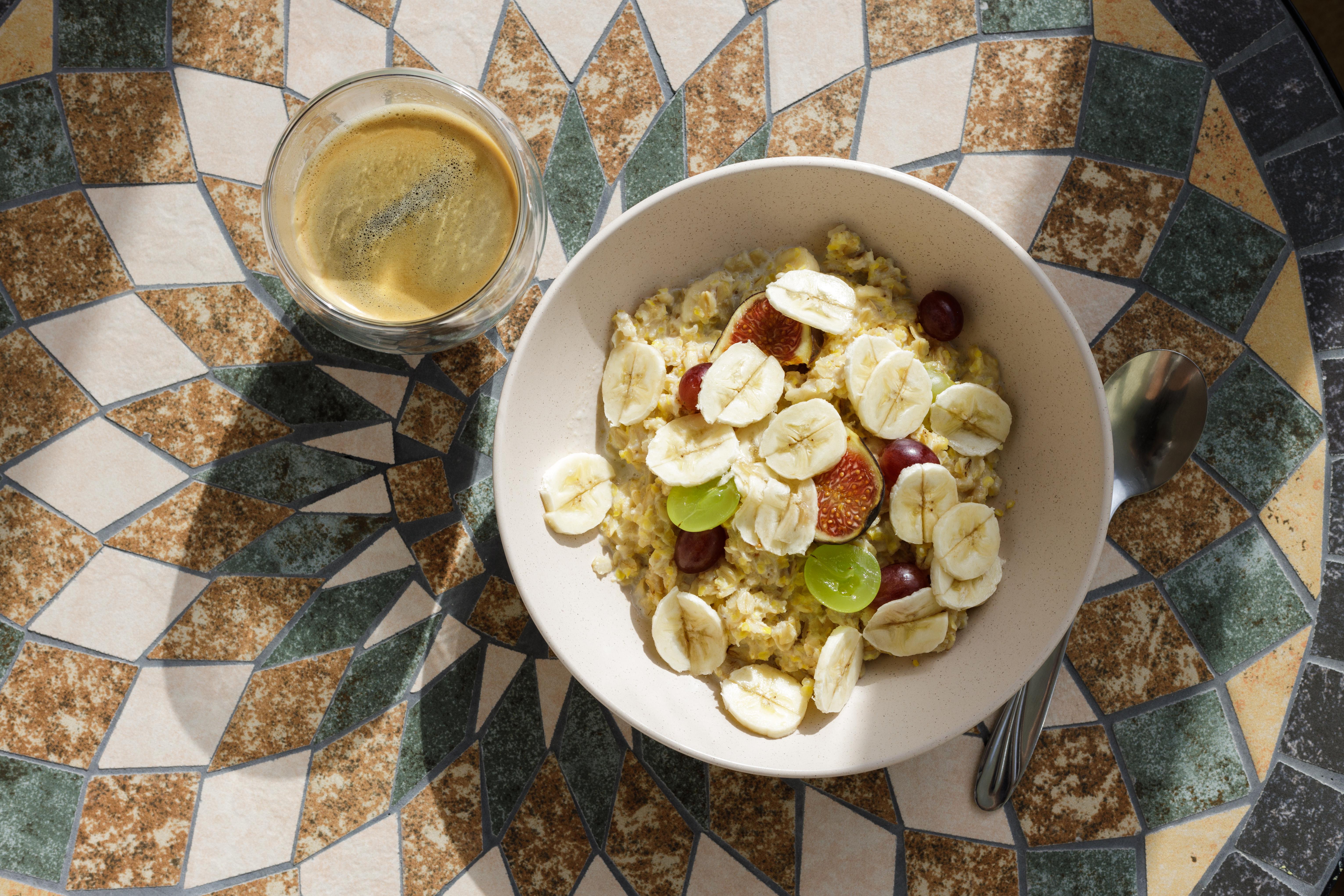
Bananas are a widely accessible and convenient source of prebiotics, particularly when slightly unripe. These fruits contain resistant starch, a type of prebiotic fiber that passes through the digestive tract undigested, eventually reaching the colon where it feeds beneficial bacteria. Bananas also provide essential nutrients such as potassium, vitamin C, and vitamin B6, making them a nutritious addition to any diet. Their natural sweetness and versatility allow them to be easily incorporated into smoothies, baked goods, and snacks. By choosing bananas as a go-to prebiotic source, you can enjoy a delicious way to support your gut health while reaping the benefits of their nutrient-rich profile.
3. Garlic: A Flavorful Prebiotic Addition
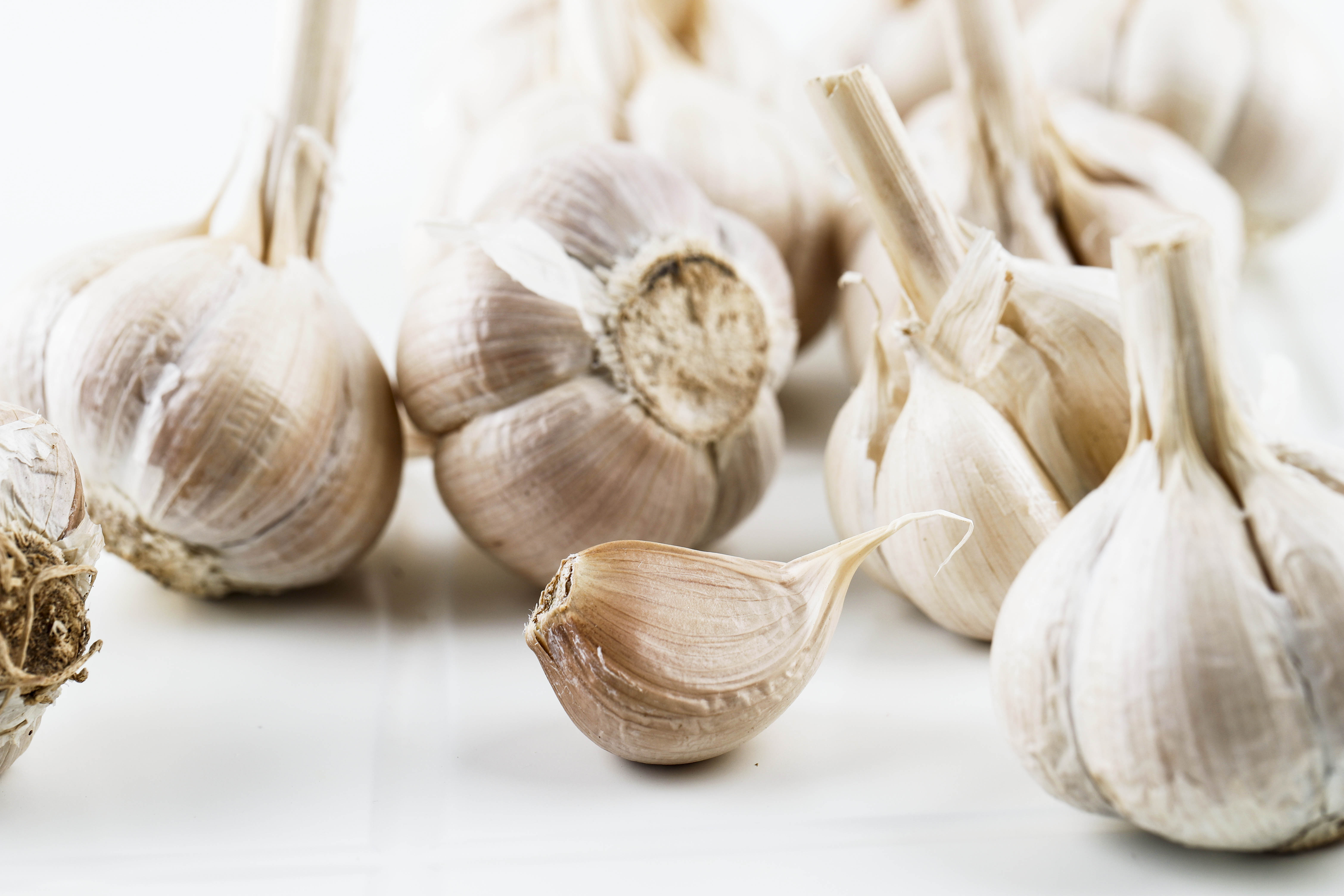
Garlic is not only a culinary staple but also a potent prebiotic food. It contains fructooligosaccharides (FOS), which serve as nourishment for beneficial gut bacteria. The sulfur compounds in garlic, such as allicin, also exhibit antimicrobial properties, helping to maintain a balanced gut microbiota. Incorporating garlic into your diet can enhance the flavor of a wide range of dishes while providing a boost to your digestive health. Whether used raw, roasted, or sautéed, garlic offers a versatile and flavorful way to increase your prebiotic intake. Additionally, its immune-boosting properties make it a valuable addition to any wellness-focused diet.
4. Onions: Layers of Prebiotic Goodness
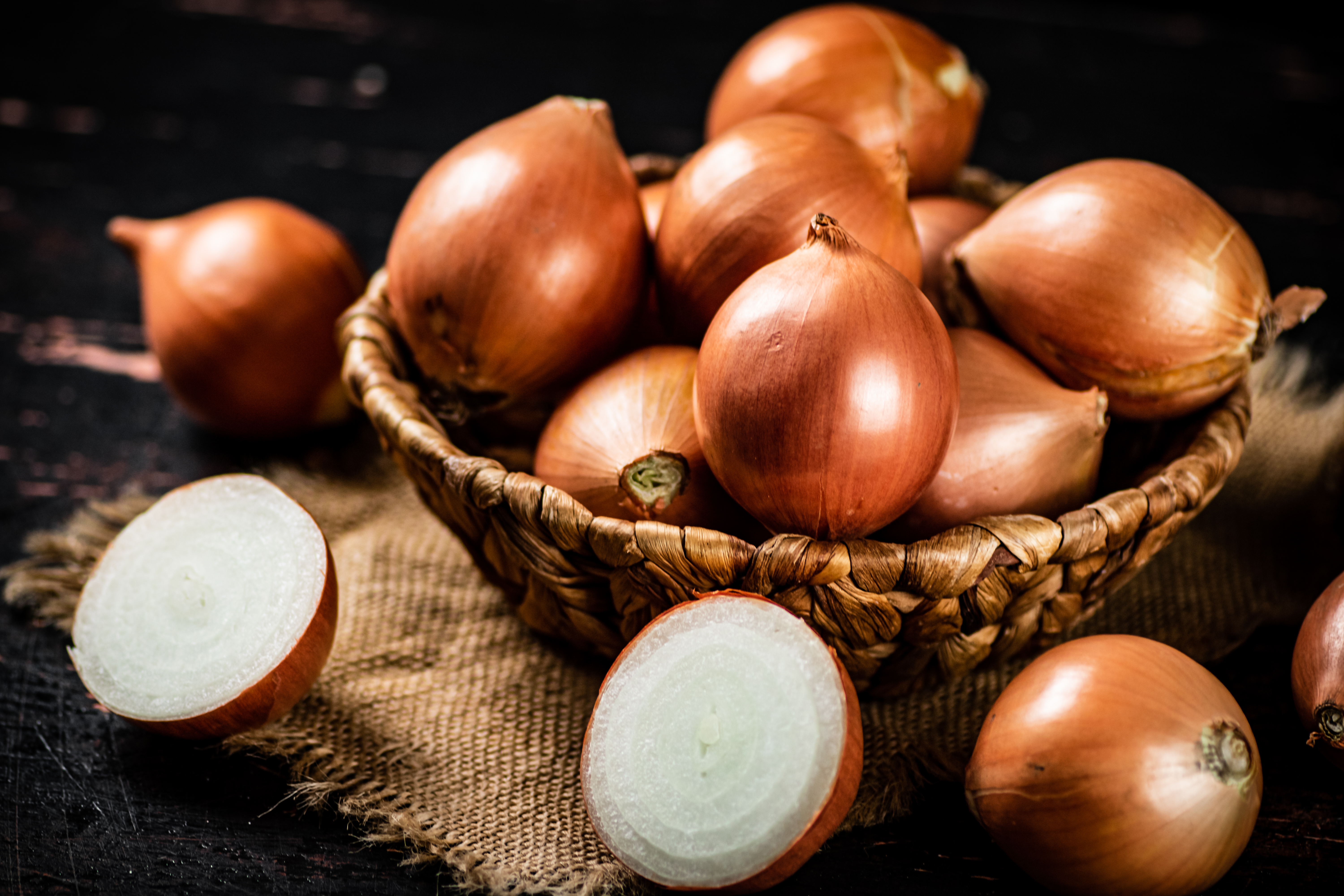
Onions, like garlic, are rich in fructooligosaccharides and inulin, making them a valuable prebiotic food. These compounds not only promote the growth of beneficial bacteria but also aid in digestion and improve gut health. Onions are a staple ingredient in many cuisines, offering a depth of flavor that enhances both savory and sweet dishes. Their natural sweetness is released when cooked, making them a versatile addition to soups, stews, and stir-fries. Beyond their prebiotic benefits, onions are also a source of antioxidants and anti-inflammatory compounds, contributing to overall health and well-being. By incorporating onions into your meals, you can enjoy their rich flavor while supporting your gut microbiome.
5. Leeks: A Nutrient-Dense Prebiotic Vegetable
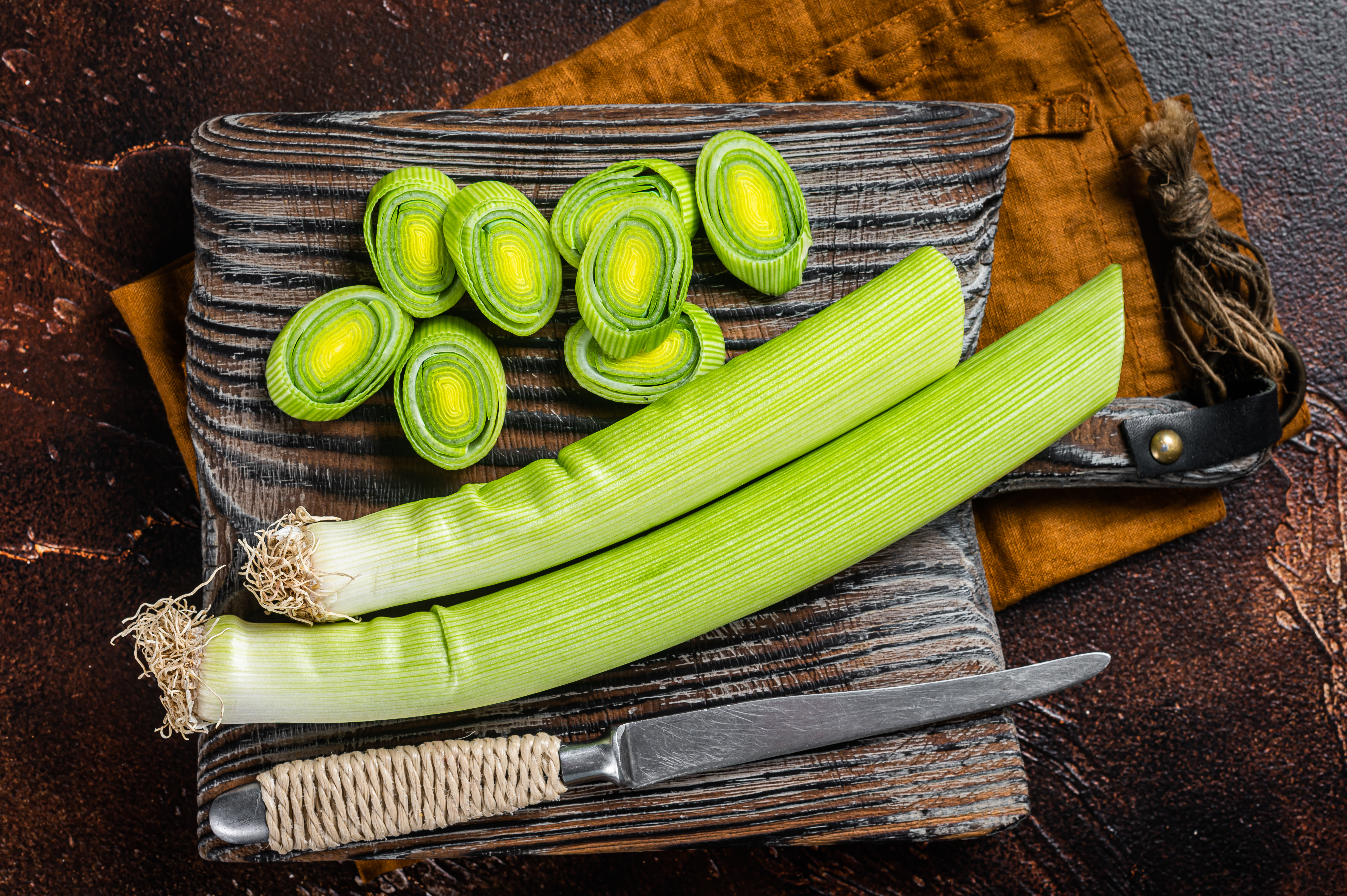
Leeks are part of the allium family, alongside garlic and onions, and are a rich source of prebiotic fibers. They contain inulin and fructooligosaccharides, which help nourish beneficial gut bacteria and promote digestive health. Leeks have a mild, sweet flavor that makes them a delightful addition to soups, stews, and salads. Their high fiber content also supports satiety and weight management, making them an excellent choice for those looking to maintain a healthy diet. In addition to their prebiotic properties, leeks are packed with vitamins A, C, and K, as well as minerals like iron and manganese, contributing to overall health and vitality.
6. Asparagus: A Springtime Prebiotic Delight
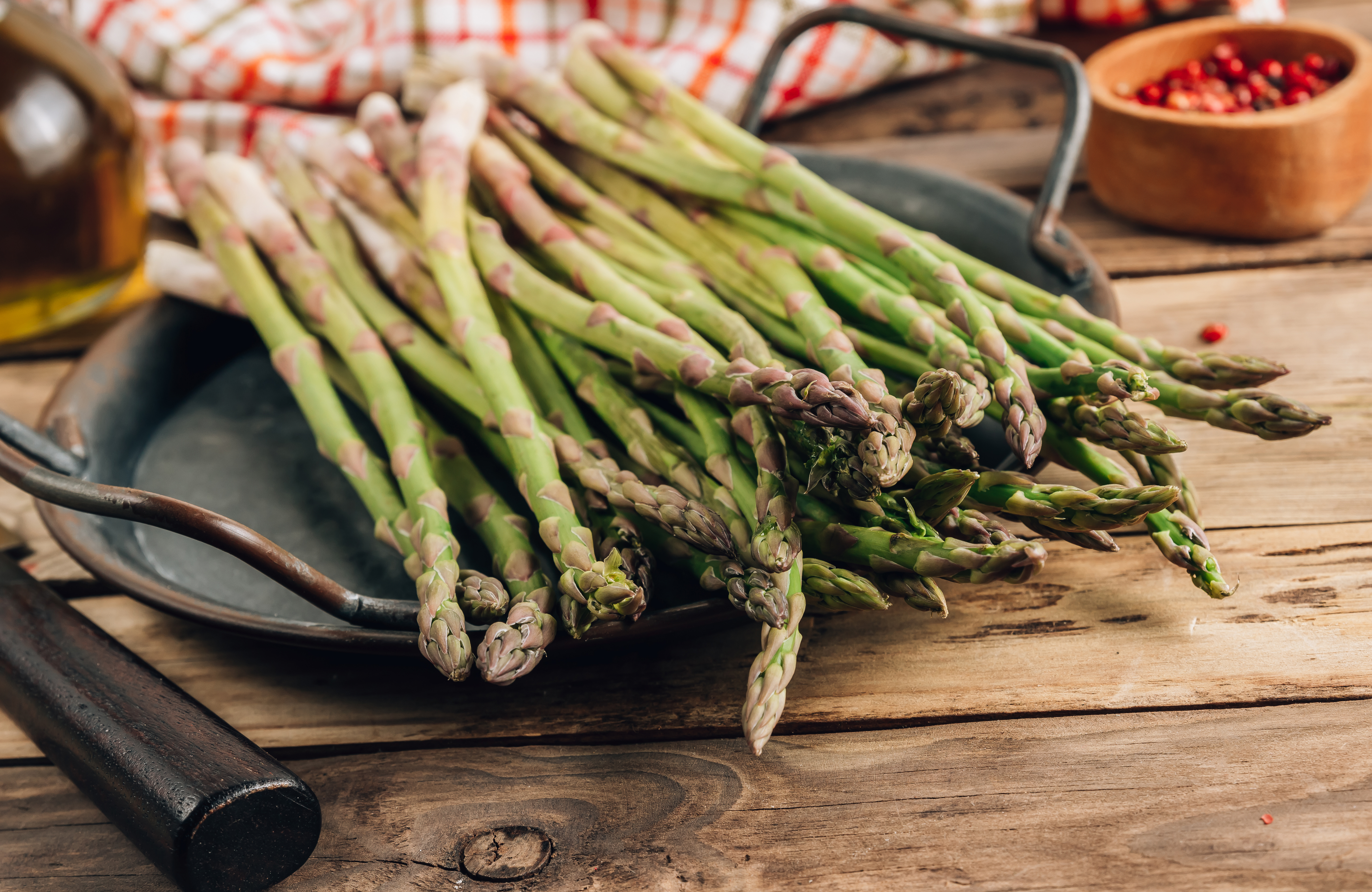
Asparagus is a seasonal vegetable that offers a wealth of prebiotic benefits. It contains inulin, a type of fiber that supports the growth of beneficial bacteria in the gut. Asparagus is also rich in vitamins A, C, E, and K, as well as folate and trace minerals. Its unique flavor and tender texture make it a popular choice for grilling, roasting, or steaming. Incorporating asparagus into your diet not only enhances your prebiotic intake but also provides a range of nutrients that support immune function, bone health, and cellular repair. As a low-calorie vegetable, asparagus is an excellent addition to any healthy eating plan.
7. Jerusalem Artichokes: The Sunroot Prebiotic
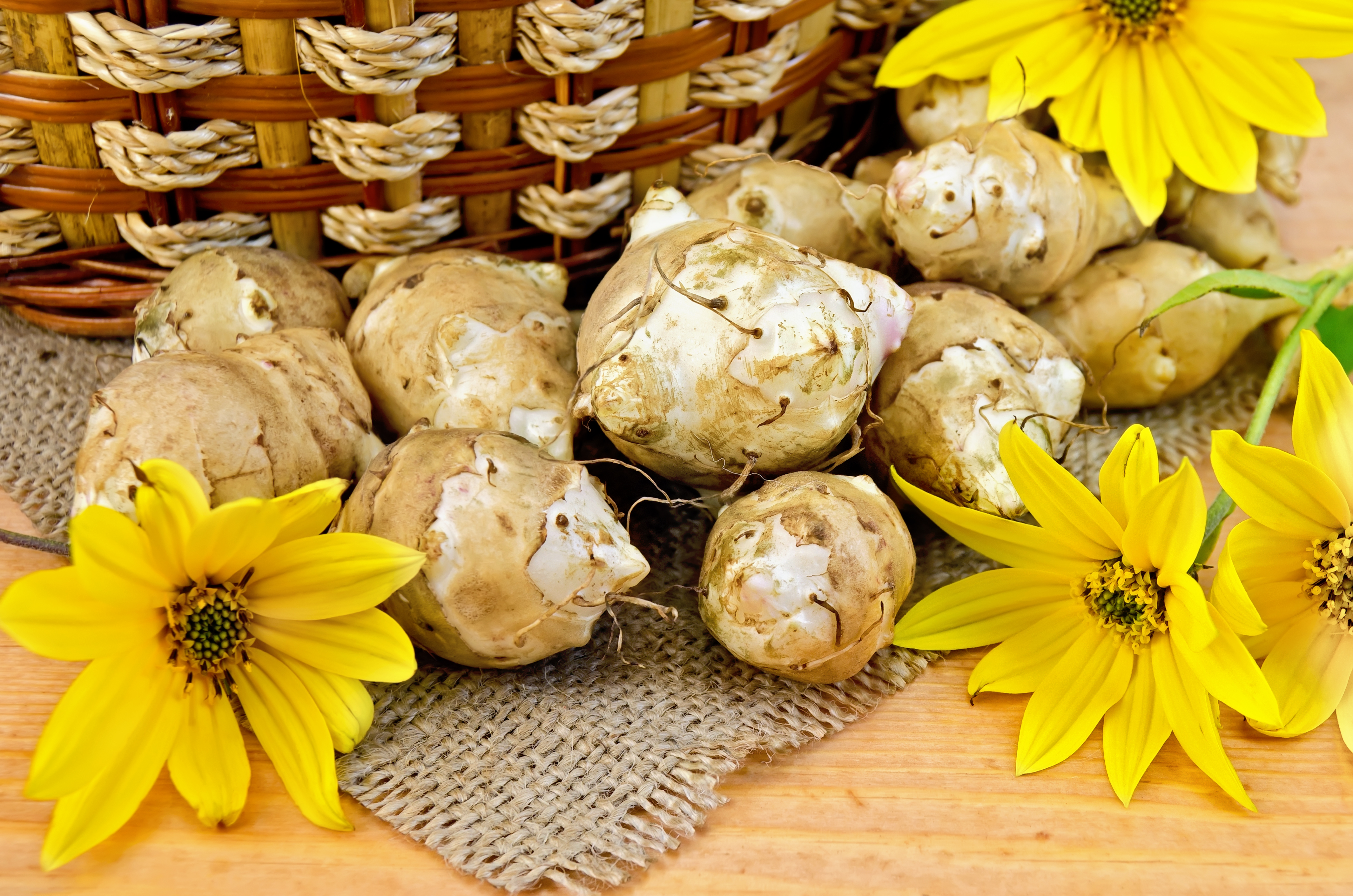
Jerusalem artichokes, also known as sunchokes, are a tuberous root vegetable that is exceptionally high in inulin. This makes them one of the most potent prebiotic foods available. Jerusalem artichokes have a nutty, sweet flavor that pairs well with a variety of dishes, including salads, soups, and roasted vegetable medleys. In addition to their prebiotic benefits, they are a good source of iron, potassium, and thiamine, supporting energy production and cardiovascular health. For those looking to diversify their prebiotic intake, Jerusalem artichokes offer a unique and nutritious option that can be easily incorporated into a balanced diet.
8. Dandelion Greens: A Bitter Prebiotic Boost
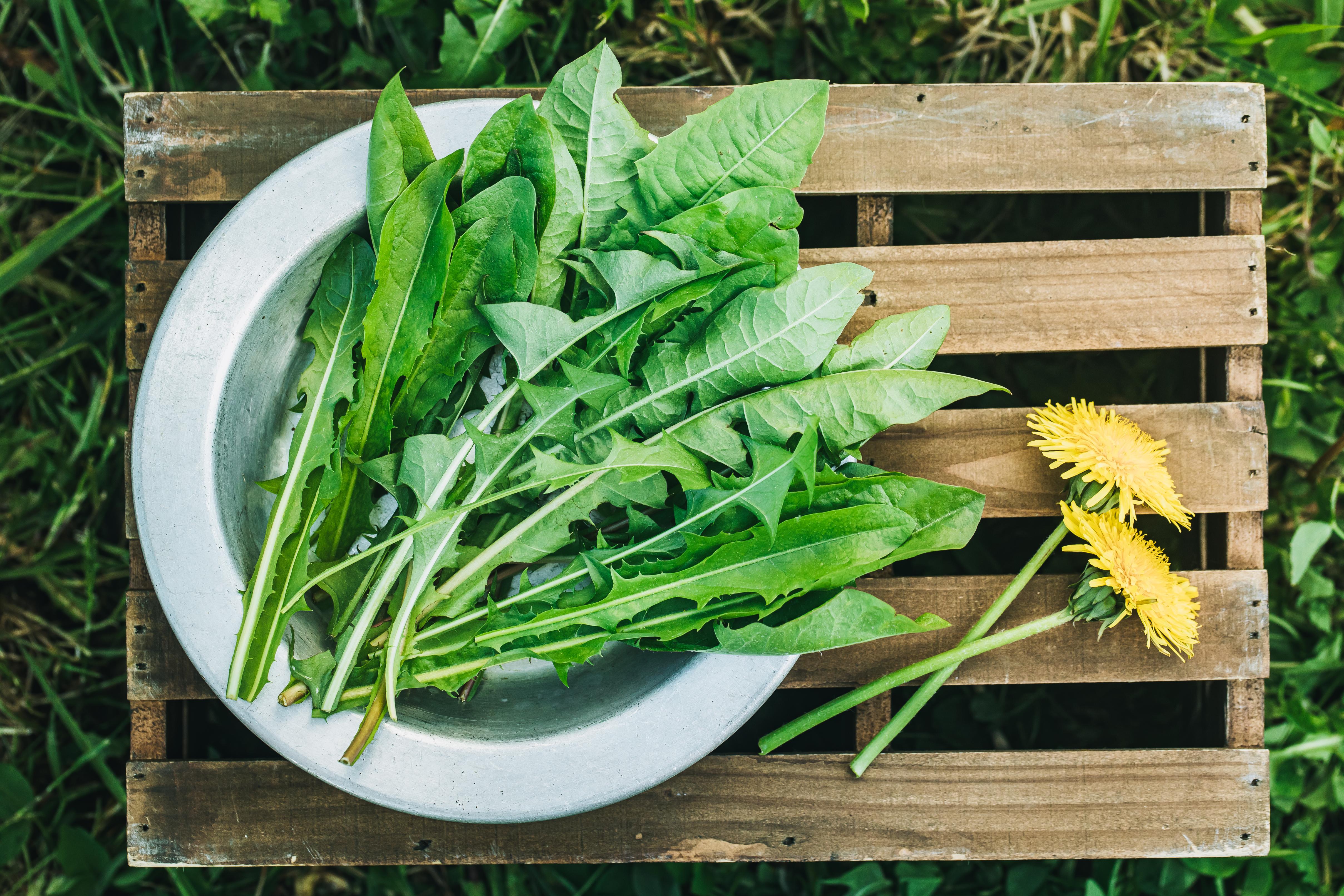
Dandelion greens are pretty well-known as a nutritious food source because they are rich in prebiotics and other beneficial compounds. These greens contain inulin, which promotes the growth of beneficial gut bacteria and aids in digestion. Dandelion greens also offer a wealth of vitamins A, C, and K, as well as minerals like calcium and iron. Their slightly bitter taste makes them a flavorful addition to salads, smoothies, and sautés. Beyond their prebiotic properties, dandelion greens are known for their diuretic and detoxifying effects, supporting liver health and overall detoxification. By incorporating dandelion greens into your diet, you can enjoy a unique and healthful way to boost your gut happiness.
9. Barley: A Versatile Prebiotic Grain
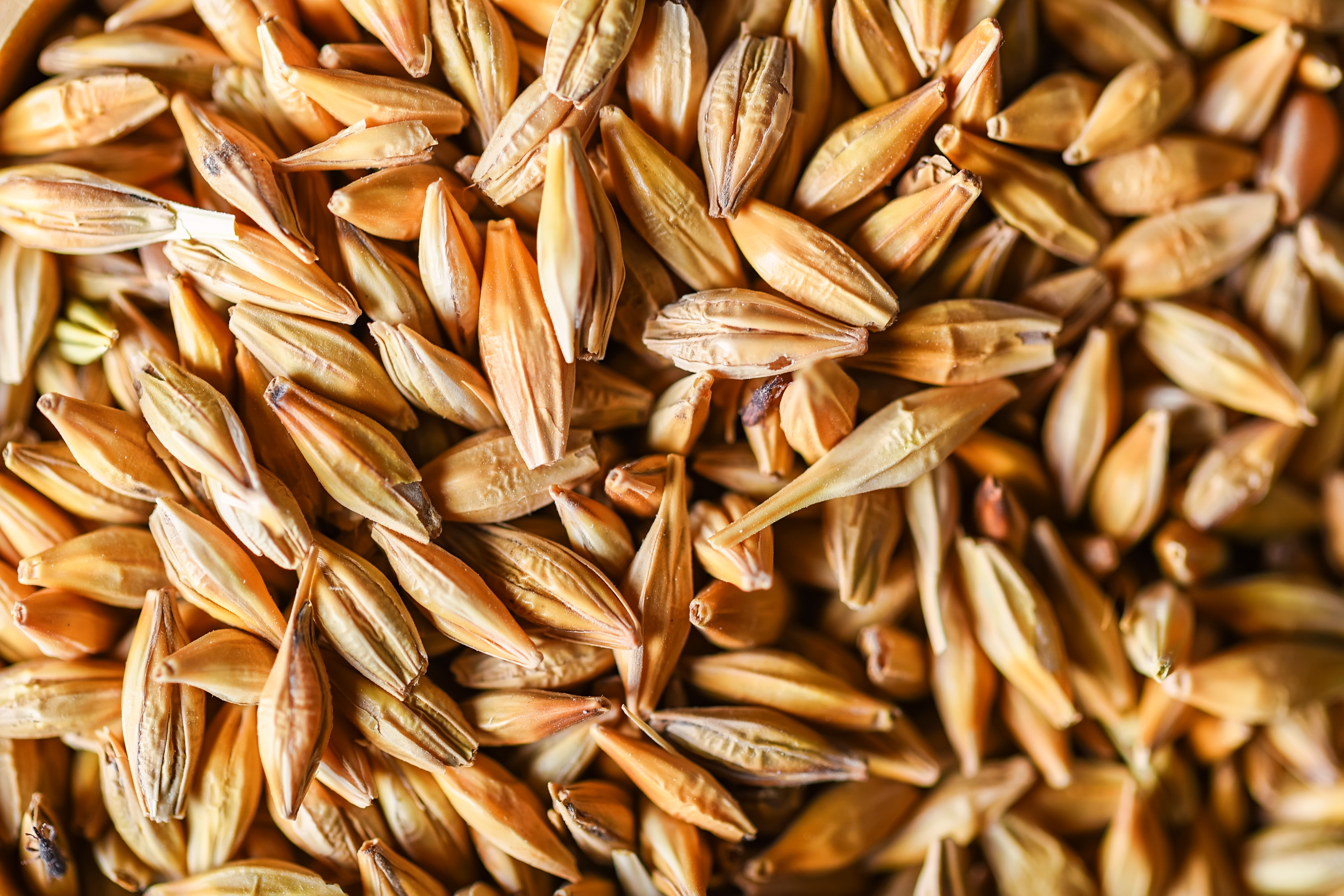
Barley is a whole grain that is rich in prebiotic fibers, particularly beta-glucans, which support gut health and improve digestion. This versatile grain can be used in a variety of dishes, from soups and stews to salads and pilafs. Barley is also a good source of essential nutrients, including B vitamins, iron, and magnesium, which contribute to energy production and overall health. Its high fiber content supports satiety and weight management, making it an excellent choice for those looking to maintain a balanced diet. By incorporating barley into your meals, you can enjoy its nutty flavor while supporting your gut microbiome.
10. Apples: A Sweet Source of Prebiotics
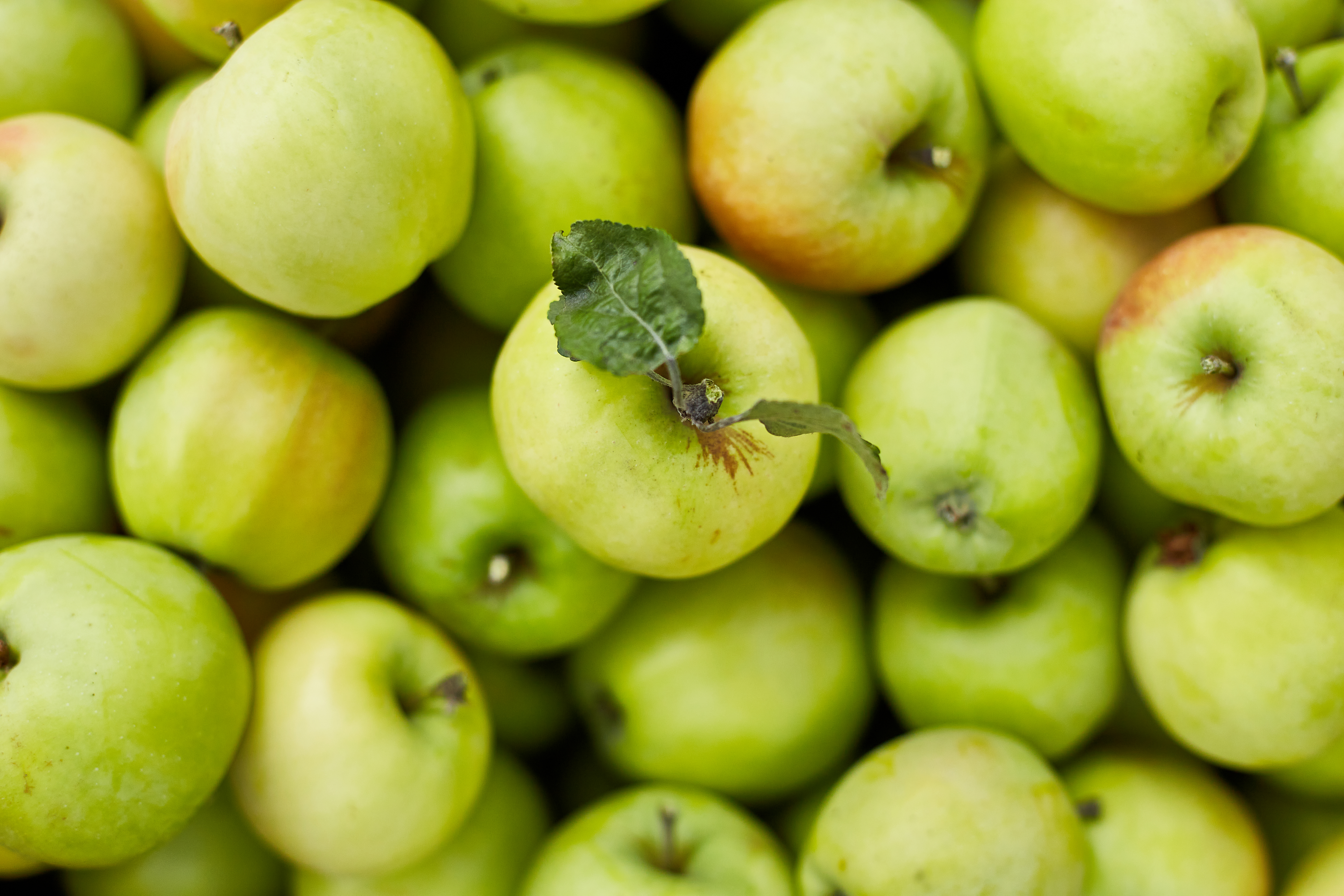
Apples are a convenient and delicious source of prebiotic fibers, particularly pectin, which promotes the growth of beneficial bacteria in the gut. These fruits are also rich in antioxidants, vitamins, and minerals, supporting overall health and well-being. Apples can be enjoyed in a variety of ways, from fresh snacks to baked goods and salads. Their natural sweetness and crisp texture make them a popular choice for those looking to increase their prebiotic intake. By incorporating apples into your diet, you can enjoy a tasty and nutritious way to support your gut health and enhance your overall wellness.
11. Cooked and Cooled Potatoes & Rice: The Resistant Starch Surprise
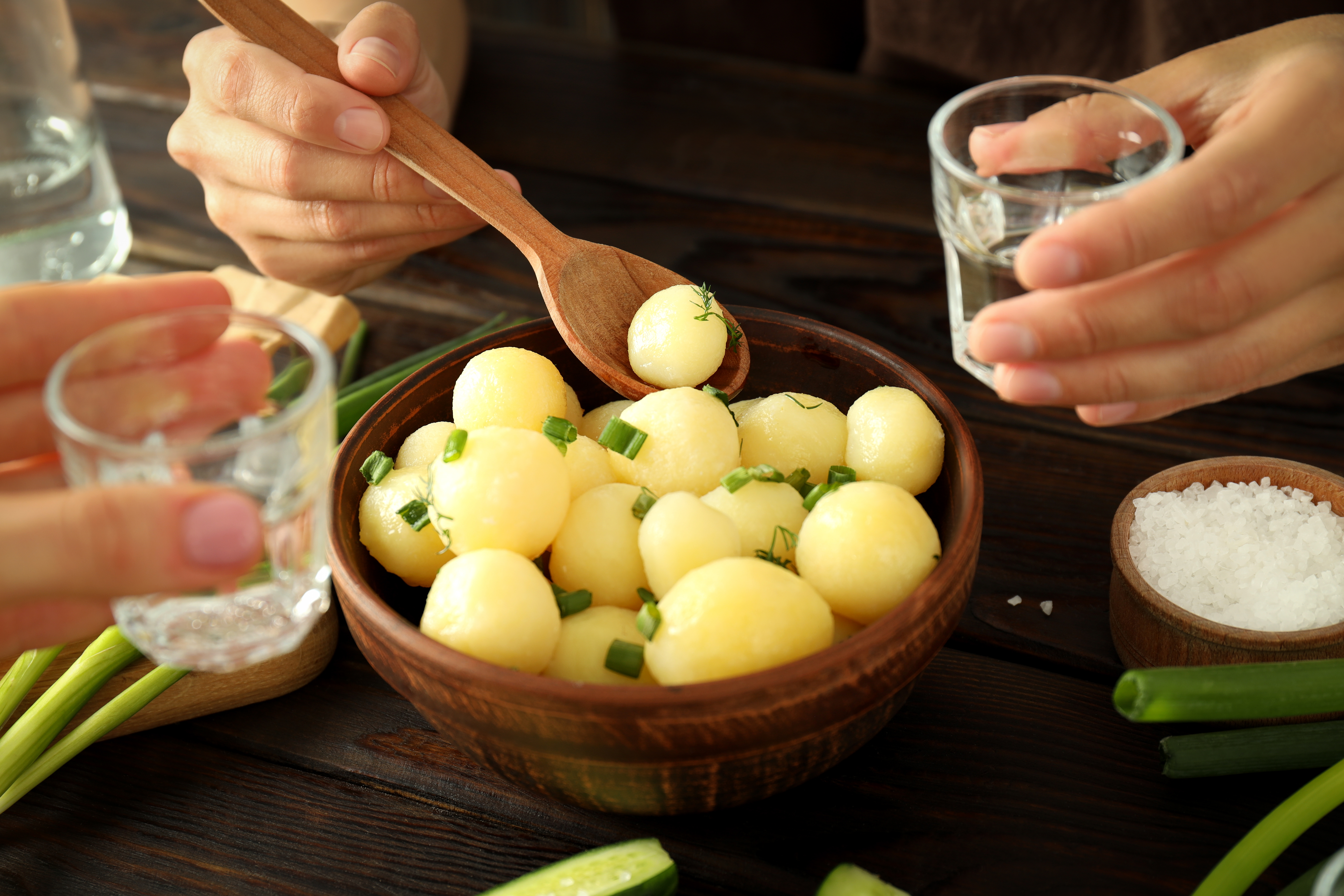
Here’s a kitchen science trick: common starchy foods like potatoes and rice can become significant prebiotic sources after they’ve been cooked and thoroughly cooled. This cooling process changes the structure of some starches through retrogradation, forming resistant starch type 3 (RS3). This type resists digestion in the small intestine and travels to the colon, where it acts as excellent fuel for beneficial gut bacteria. Think potato salad, cold rice salads, or even potatoes/rice cooked ahead and gently reheated – the cooling step is key! It’s a surprisingly simple way to turn everyday staples into powerful gut-friendly foods.
The journey through the world of prebiotic foods reveals a diverse array of options that can significantly enhance our gut health and overall well-being. From the robust flavors of garlic and onions to the subtle sweetness of bananas and apples, these foods offer a natural and delicious way to nourish our microbiome. By understanding the science behind prebiotics and incorporating these foods into our diets, we can support the growth of beneficial bacteria, improve digestion, and boost our immune system. As we embrace these prebiotic-rich foods, we not only promote gut happiness but also pave the way for a healthier, more balanced lifestyle. Whether you're a seasoned health enthusiast or new to the concept of prebiotics, these foods provide a simple and effective path to enhanced wellness.
